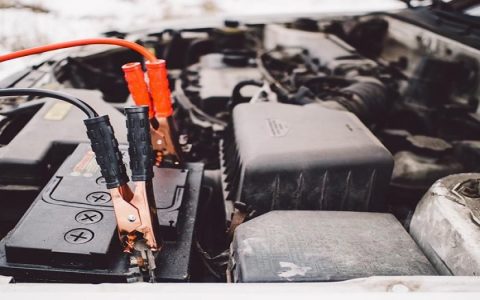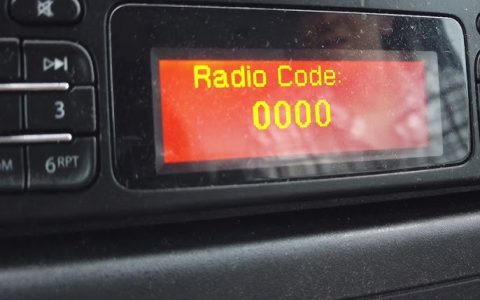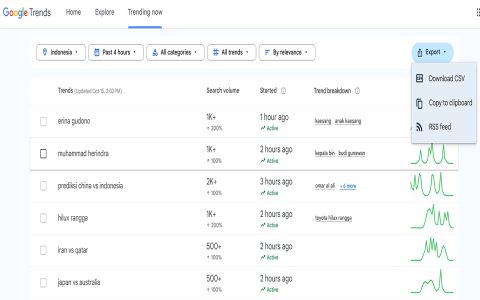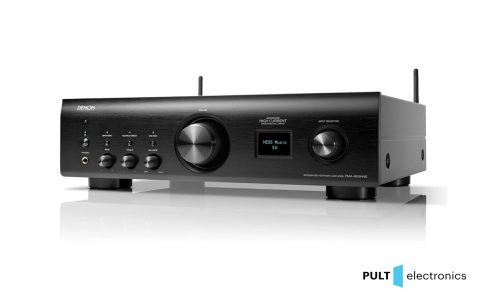Will an Inverter Drain Your Battery?
Yes, a power inverter will drain your battery, especially if the engine isn't running. How quickly this happens depends on several factors:
- Inverter Wattage & Load: Higher wattage inverters and larger loads (appliances) draw more power.
- Battery Capacity: A smaller or weaker battery drains faster under load.
- Idle Current: Even with nothing plugged in, most inverters draw a small "quiescent" current.
- Duration of Use: Leaving the inverter on for hours, especially with a load, depletes the battery.
Quick Tips to Prevent Battery Drain
- Start the Engine: Always run your vehicle's engine when using the inverter, especially for power-hungry devices or prolonged use. This allows the alternator to replenish the battery.
- Know Your Limits: Match inverter size and load to your battery capacity. Avoid powering devices significantly exceeding your inverter's rating. Calculate runtime: (Battery Amp-hours Battery Voltage 0.85) / Load Watts = Approx. Runtime (hours).
- Use Low-Power Mode: If possible, power smaller devices (phones, laptops) using the vehicle's DC ports (cigarette lighter/USB) instead of the inverter for better efficiency.
- Switch Off When Idle: Turn the inverter OFF completely when not actively powering a device to stop quiescent current drain. Unplug unused devices.
- Disconnect When Stored: If the inverter is hardwired, install a disconnect switch to break the circuit completely when the vehicle is parked for long periods.
- Prioritize Essential Use: Use the inverter sparingly when the engine is off. Avoid running high-draw appliances like kettles, microwaves, or power tools without the engine running.
- Investigate Low Voltage Protection: Ensure your inverter has a built-in Low Voltage Disconnect (LVD) or Auto-Shutoff feature. This crucial safety function automatically turns the inverter off if the battery voltage drops too low (typically around 10.5V), preventing deep discharge damage.
- Maintain a Healthy Battery: A weak or old battery will drain much faster and be more susceptible to damage from inverter use. Ensure your starting battery is in good condition, or consider a dedicated deep cycle battery.
Critical Safety Reminder
Never deeply discharge a standard starting battery. Regularly draining it below 50% significantly shortens its lifespan. If you need frequent high-power use with the engine off, invest in a dedicated deep cycle battery.








